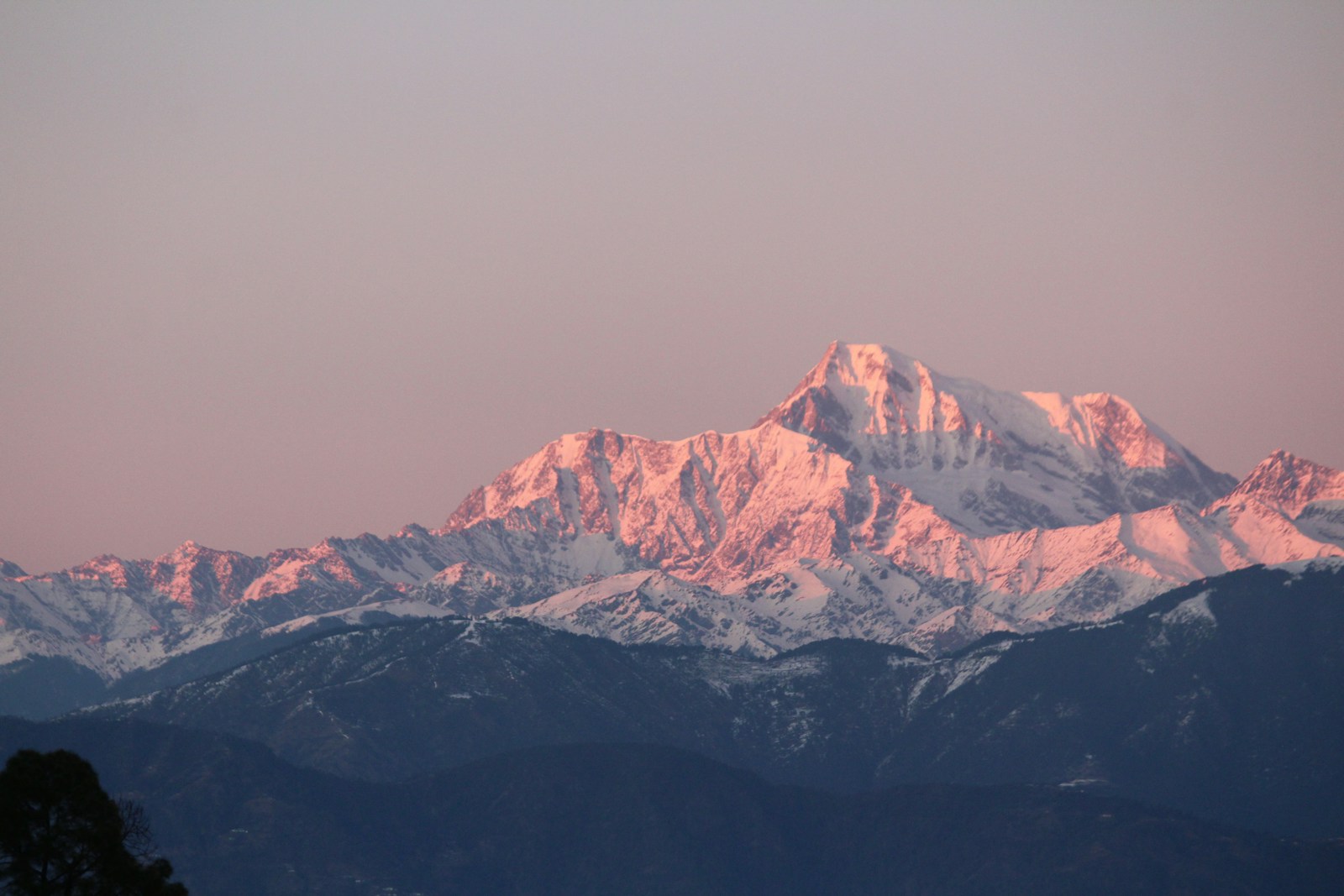Insight, courage, endurance

Introduction
The above headline is very much something that can relate to many things. Climbing Mount Everest for instance. The insight, the awareness that you want to make the climb. How and why? Then the courage, first of all the courage to tell others.
And lastly of course the endurance to make that long climb in harrowing circumstances with barely any oxygen to 8000+ meters high.
Many people fantasize about adventure, however the difference between fantasy and reality is huge and depends on the above 3 factors..
The Fear of Self-Discovery
Getting to know oneself is actually not very different. I have met people who say, I don’t want to get to know myself intimately because I am afraid of what I might encounter. Others are just happy how they are. Question is: are they?
What if I tell you that a deep self knowledge leads to clarity, flow, peace, tranquility, authenticity, doing what you deep down know you should do, freedom of old patterns… ? Would you be interested?
If yes let’s explore that.
Step 1: Developing Insight
First step is insight. Insight into where we are and how we got here in the first place. This can only happen if we have the courage to look ourselves in the face. Not the courage to look at our bright sides, the courage to look at the shadows. All of the traits we see in others, all reflect on ourselves. What we detest in others might be what we don’t like in ourselves. Insight is also self awareness. Humans are the only mammals who have the capacity to think about their thoughts. How? Write. Write and write. Analyse your day and write down your thoughts. Patterns will become clear. Patterns which we can only recognise when we have self awareness. And I tell you, to get there is not easy. Little tip: every hour just check in to your thoughts. Where are they? What are you thinking? Write! Down! This process takes endurance. Show up every day. Write every day.
Neuroplasticity and Self-Awareness
Our minds have plasticity, at any age we have the ability to learn. And it’s not only actions we can learn, also becoming aware of our thoughts. When we make whatever is unconscious behaviour conscience we can do something about it. Unconscious behaviour is mostly not who we are, it’s what we have learned. The human brain has been wired for survival. So we develop, at an early age, survival techniques. Most of these techniques move us away from our authentic selves.
(Small example: if your parents were very busy and not very present you might still today have developed skills to be recognised and seen. Which means you act counterintuitively just for the attention. Which means you are always acting different than who you are)
The Power of the Unconscious
The unconscious isn’t just “dark” — it also contains other things like creativity, vitality and unlived potential. Making it conscious means recovering the whole of yourself, not just fixing problems. Quote from the book ‘A life of meaning’ by James Hollis
I am of the opinion, and all it is is my opinion, that the better we know ourselves the better we can live with others. Google maps will find any route for you anywhere in the world, only then when you tell it were you are.
Getting Started: A Simple Practice
So as a first small step. Take a few moments every day to think about your thoughts. Where are they. Are they happy, sad, frustrated, elated.. just write down. In my next publications I will explain how to deal with these!!